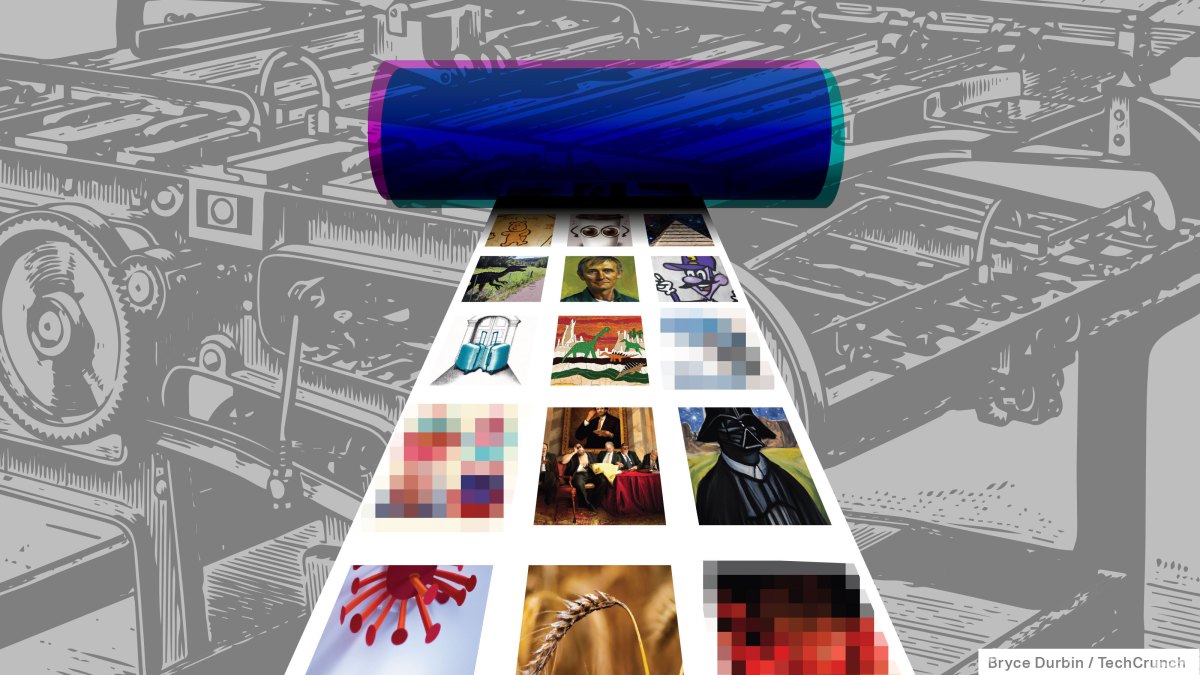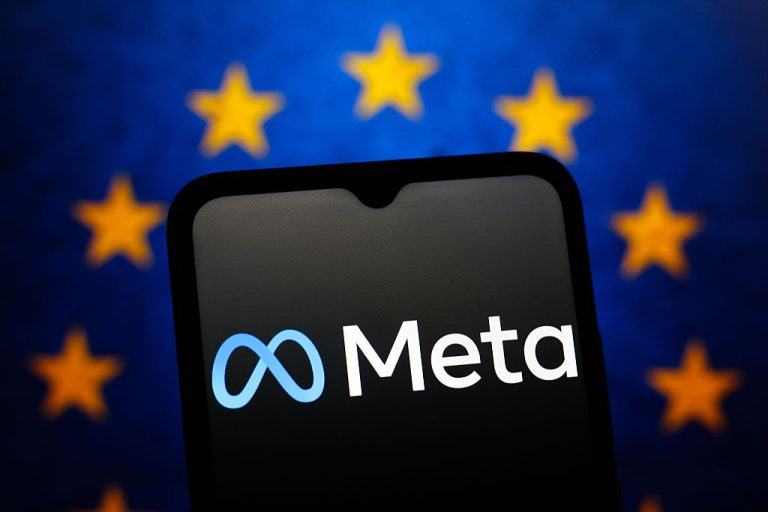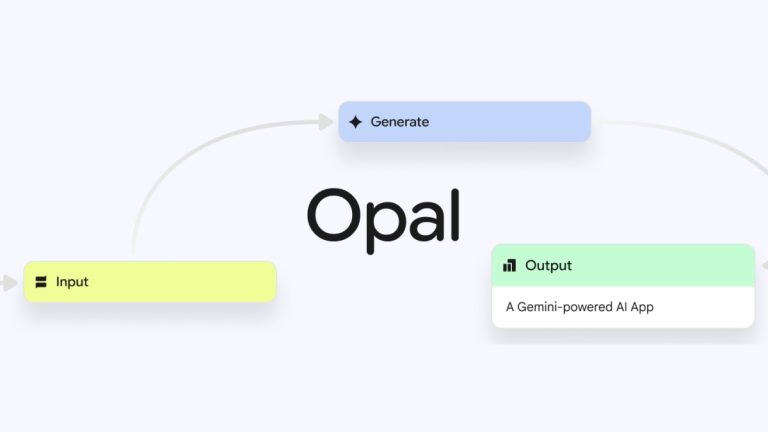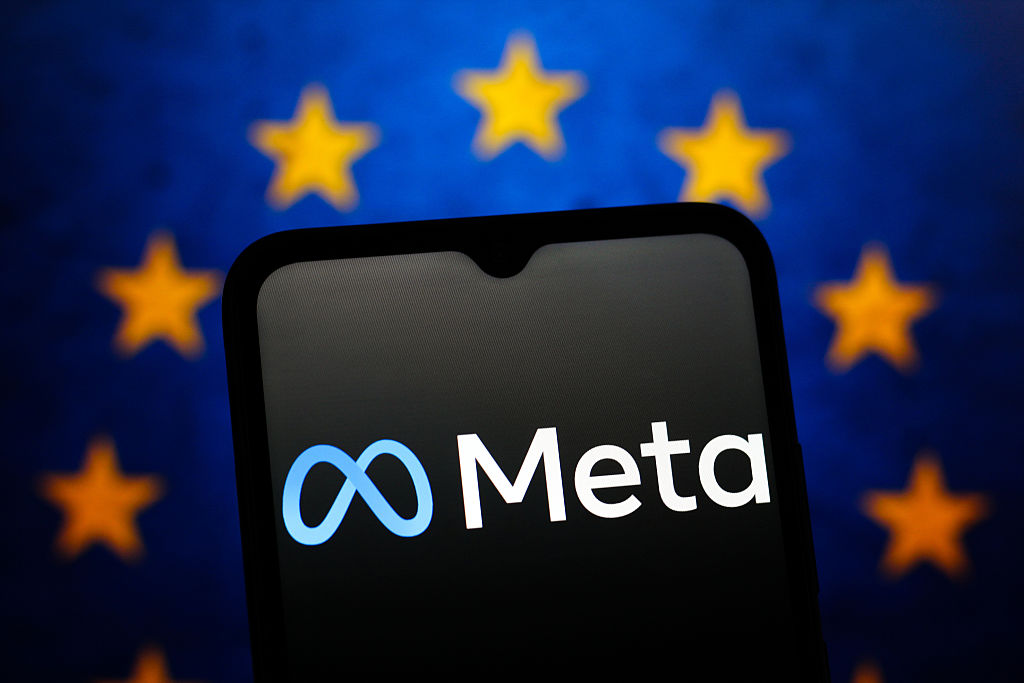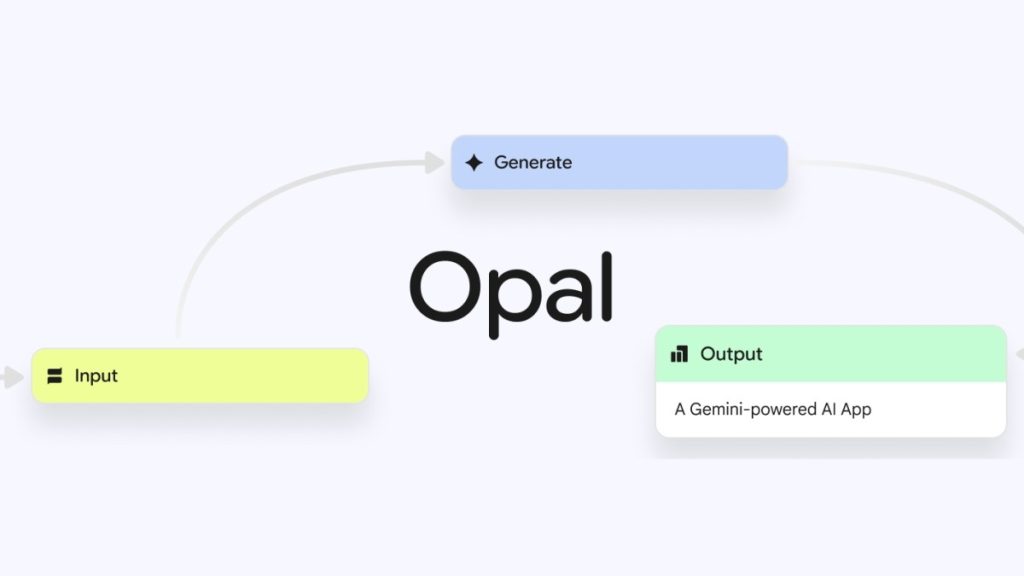Freepik, a leading online graphic design platform, has introduced a groundbreaking AI image generation model designed to address growing concerns around copyright and ethical data usage. The new model, named F Lite, distinguishes itself by being trained entirely on commercially licensed, “safe-for-work” visual content.
Key Features of F Lite
- 10 Billion Parameters: Built with advanced architecture for complex image synthesis
- Dual Versions:
- Standard: Prioritizes prompt accuracy and predictable outputs
- Texture: Emphasizes creative textures and compositions despite higher error potential
- Trained on 80 million licensed images from Freepik’s proprietary database
- Developed in collaboration with AI specialist Fal.ai
- Requires 24GB VRAM GPUs for operation
“This release represents a significant step toward ethical AI development. By using fully licensed training data, we’re creating opportunities for commercial applications while respecting creator rights.”
Addressing Copyright Challenges
The launch comes amid ongoing legal debates surrounding generative AI technologies. Unlike models trained on scraped web data, F Lite’s approach aims to:
- Eliminate copyright infringement risks
- Provide clear commercial usage rights
- Offer transparency in training data sources
Market Position
While not positioned as superior to market leaders like Midjourney V7 or Flux models, F Lite offers unique advantages:
| Feature | F Lite | Industry Standard |
|---|---|---|
| Training Data | 100% Licensed | Mixed Sources |
| Commercial Safety | Guaranteed | Variable |
| Customization | Open for Developer Adaptation | Proprietary |
Development Insights
- 2-month training period using 64 Nvidia H100 GPUs
- Optimized for professional design workflows
- Supports iterative refinement by developers
Growing Ethical AI Movement
Freepik joins several major players adopting licensed-data approaches:
- Adobe’s Firefly models
- Bria’s enterprise solutions
- Getty Images’ AI initiatives
- Moonvalley’s video generation tools
Industry analysts predict this sector could expand rapidly as legal frameworks for AI development evolve.

